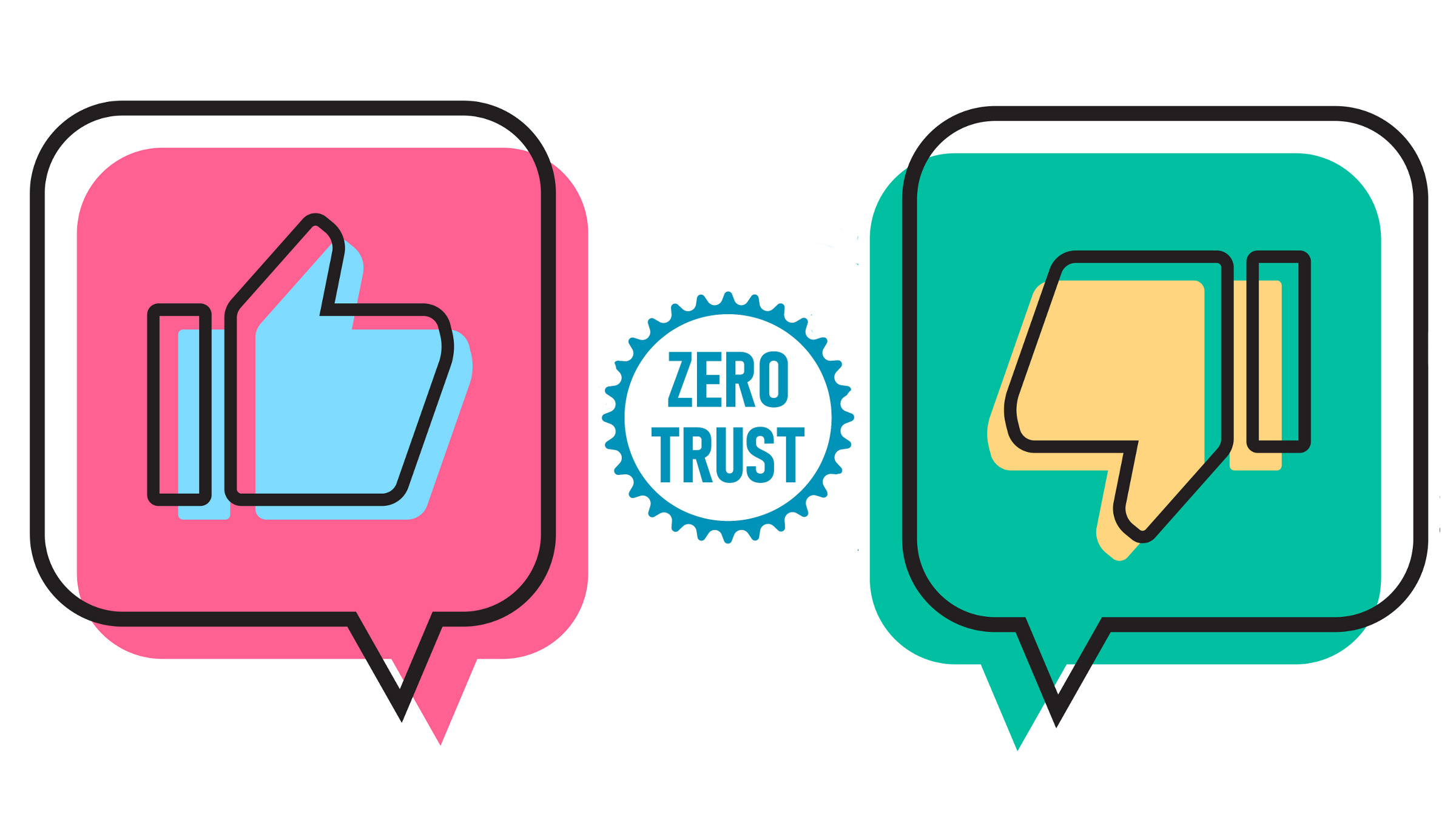
Across the world, millions of people are giving remote hell work a go. The unfolding COVID-19 pandemic has thrown us all for a loop and forced countless companies to shutter their offices, warehouses, and everything else.
Before the pandemic, remote work was already gaining steam in many industries and circles. For workers, it’s promised as "liberation" or "freedom" or whatever buzzword makes people feel better.
Some companies see remote as a panacea too. If everyone’s working remotely, there’s less chance of office politics, right? Costs go down as well because you don’t have to rent, heat, and furnish office space. Blah, blah, blah.
A lot of companies will realize how much of a pain remote work is. Monitoring employees remotely is hard. Keeping teams motivated and on task is even more difficult. And maintaining productivity is next to impossible, especially if you don’t adapt your management and compensation models for the reality of remote life.
Working remotely works best when you pay people for results, not by the hour. Many companies are still paying their employees salaries and they will find out just how hard it is to motivate an off-site employee when they’re paid the same no matter their output.
Think about it; if you will get paid the same whether you code for eight hours or watch Netflix all day, which one are you going to do? Many will pick up that TV remote. Sure, a lot of employees will try to be productive. They’ll wake up, they’ll work for an hour or two, and then they’ll take a break.
A 20-minute break can quickly turn into two hours. Some employees will remain productive and holding people accountable can keep people on task, but as long as the rewards remain the same, productivity will slowly slip.
It’s harder to control employees remotely. You can’t walk around the office to make sure people are on task and not goofing off. Nor can you swing by the desk to check in and ask for an update.
Need to schedule a team meeting? It’s easier to gather the team when they’re all in an office rather than scattered across town. Software problems, hardware issues, scheduling conflicts, and all that become more frequent.
So what’s the answer? If people are being paid to deliver concrete, measurable results, a lot of the above problems will disappear, or at least be less of a hassle. Don’t pay by the hour, pay by the output.
For one, you don’t have to monitor people if they’re only being paid for production. If a worker sat around watching Netflix all day and didn’t get his work done, that’s not just your problem. It’s also his problem come payday.
People have more incentive to make sure meeting software is installed correctly and that they have their computer set up properly before a meeting starts. When you pay people by the hour, they get paid even while they waste five minutes installing updates and turning on their mic. When they’re compensated for results, they’re wasting not only your time, they’re also wasting their own time.
Some predict that the COVID-19 pandemic will encourage more companies to shift away from traditional office spaces. Work from home or the coffee shop will become the norm because people will realize how wonderful it is.
What’s more likely is that companies will realize how much of a hassle remote work is, and how out-of-tune it is with hourly pay and fixed salaries. Employees too may find themselves more worried -rather than less- about their bosses looking over their shoulders or bugging them for updates.
Many companies that had given the work-from-home revolution a go before the pandemic have already scaled back their efforts. Google, Best Buy, and Yahoo are just a few of the companies that have found out how tough managing operations remotely is. Many more will learn painful lessons in the months ahead.
If you want to go ahead with the remote revolution, then switch to results-based payment models. Pay people and pay them well when they deliver credible results and outputs. This will provide employees with the motivation to succeed on their own.
Yegor Bugayenko is founder and CEO of software engineering and management platform Zerocracy.



Join the Discussion (0)
Become a Member or Sign In to Post a Comment